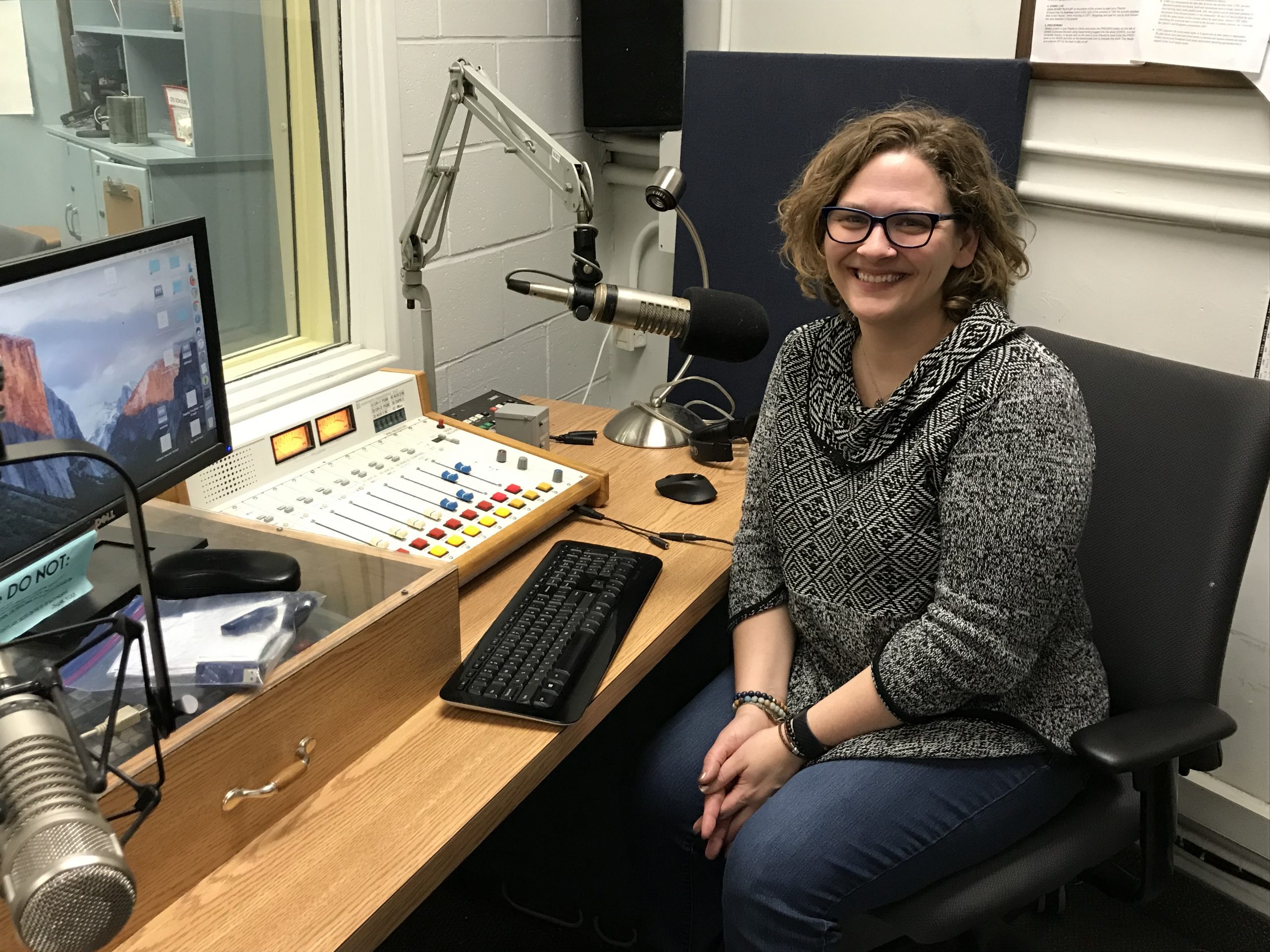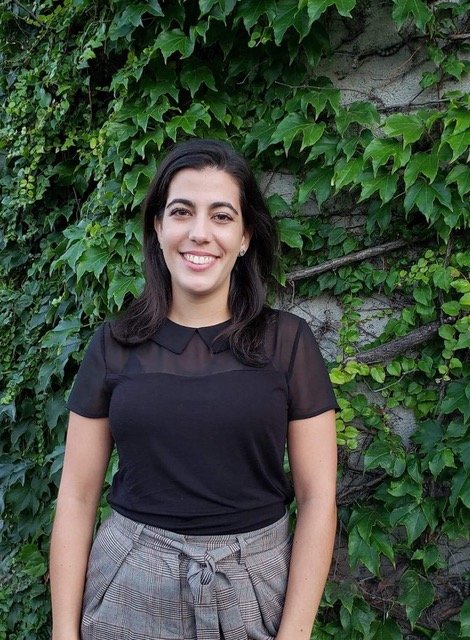The Ethiopian criminal justice system relies on spoken language and written communication for its day-to-day business. In principle, the system is supposed to serve everyone equally without any discrimination based on legally prohibited grounds. In Ethiopia, there are about 2.5 million Deaf and hard-of-hearing people most of whom rely on either sign language or other methods of communication other than spoken language for their communication. This begs the question of how these groups of people meaningfully interact with the criminal justice system (police, prosecution, judges) as victims of crime, suspects/accused, or witnesses.
For upcoming interviews check out the Grad Chat webpage on Queen’s University School of Graduate Studies & Postdoctoral Affairs website – https://www.queensu.ca/grad-postdoc/research/share/grad-chat

When you see barriers to getting involved in field research, what do you do about it? Emily and Kristen share their passion that resulted...

Topic: “Academic literacy in first year college (the necessary “language” for communicating successfully in college)” Overview: I’m researching the perceptions teachers and students have...

This project explores the experiences of a diverse array of community organizations in Kingston, Ottawa, and Cornwall, Ontario, examining their relationship with municipalities and...